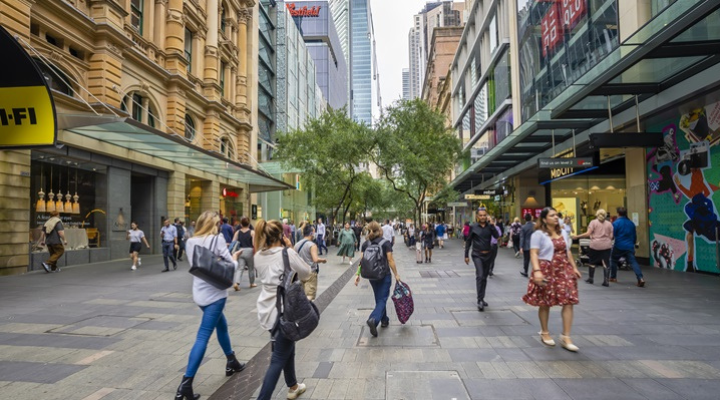
When you buy a franchise, the franchisor is likely to assist you in sourcing a good site for the new business.
How much support, and the form it takes, will depend on the individual brand.
Some franchisors will expect you to do the footwork yourself, and suggest some possible locations that they can provide feedback on. Others will work with you on tracking down a site that suits you and the needs of the franchise. Some franchisors use their brand power and relationships with landlords to pre-select prospective sites they are keen to find franchisees for.
However much the franchisor is involved in the selection, it is important that you choose a location that you believe will work for your business and your circumstances. If it’s too far away from home you’ll have added time and traffic stresses in your day; if it’s a high rent this may put financial strain on the business.
What to consider
Here are some of the points you’ll need to consider; your franchisor will have guidance that relates specifically to their brand too.
The market
Is there enough demand for your product or service? A franchisor can provide detailed demographic information to see if this aligns with the target market.
Short-term demand is important, but it is paramount the location has a long life span.
Evaluate economic trends, council development plans, and demographic shifts that could impact your location in the future. Are there any upcoming infrastructure projects, changes in zoning laws, or urban expansion plans?
Make decisions based on data and market trends rather than speculation.
Site accessibility
Real estate is one of the most significant factors influencing profitability and long-term success.
How visible does your business need to be? While many customers search online for businesses, foot traffic remains a valuable source of new customers. Will your chosen location have enough foot traffic? Is there easy access from transport or sufficient nearby parking?
A location on a busy street or within a high-traffic commercial area may provide greater exposure and accessibility for potential customers.
However, simply picking a high profile shopping centre will not necessarily supply you with the customers you need – even within a shopping precinct there can be dead retail zones which receive little foot traffic.
For businesses that rely on passing traffic, it’s important the site is on the right side of the thoroughfare to attract morning, after school or evening traffic flow.
Neighbouring businesses
Competition can be good for business, so it’s worth considering the neighbouring retailers in your chosen location. Clusters of fashion, food, homewares, tech or services businesses attract customers, so it may pay you to be part of the crowd rather than standing alone in a sea of unaligned businesses.
Complementary retailers or services nearby can also work in your favour if you want to avoid direct competition.
Affordability
While selecting a prime location is essential, it is equally important to ensure the lease terms are financially viable. Overpaying for rent can place undue strain on profitability, especially in the early stages of business operations.
This is where a good franchisor with a team experienced in lease negotiations can be a real boon. It’s a major advantage to have the backing of a strong brand but you still need to look at the numbers yourself, and get a franchise-friendly accountant to evaluate the viability of the costs.
Aanalyse lease agreements, rental escalation clauses, and other hidden costs that may impact your bottom line.
In summary, if you invest time and effort into due diligence it will significantly increase your chances of selecting a profitable location.
Check out other tips and advice on how to secure a top site or if you prefer to listen, tune in to this podcast.

